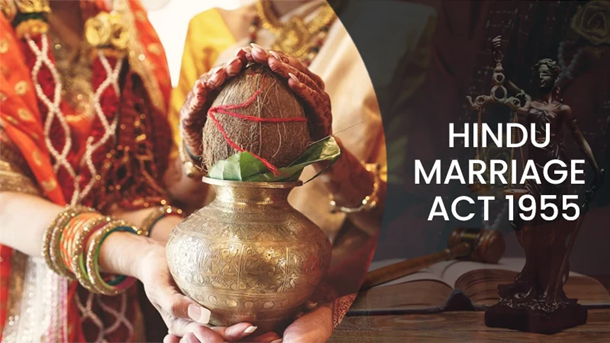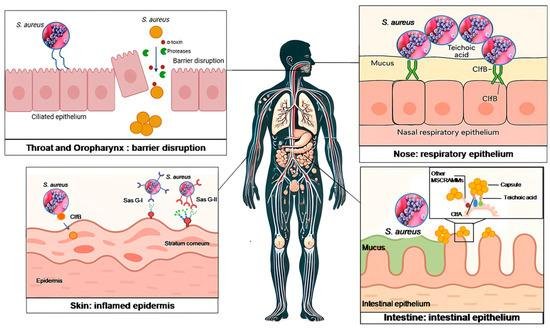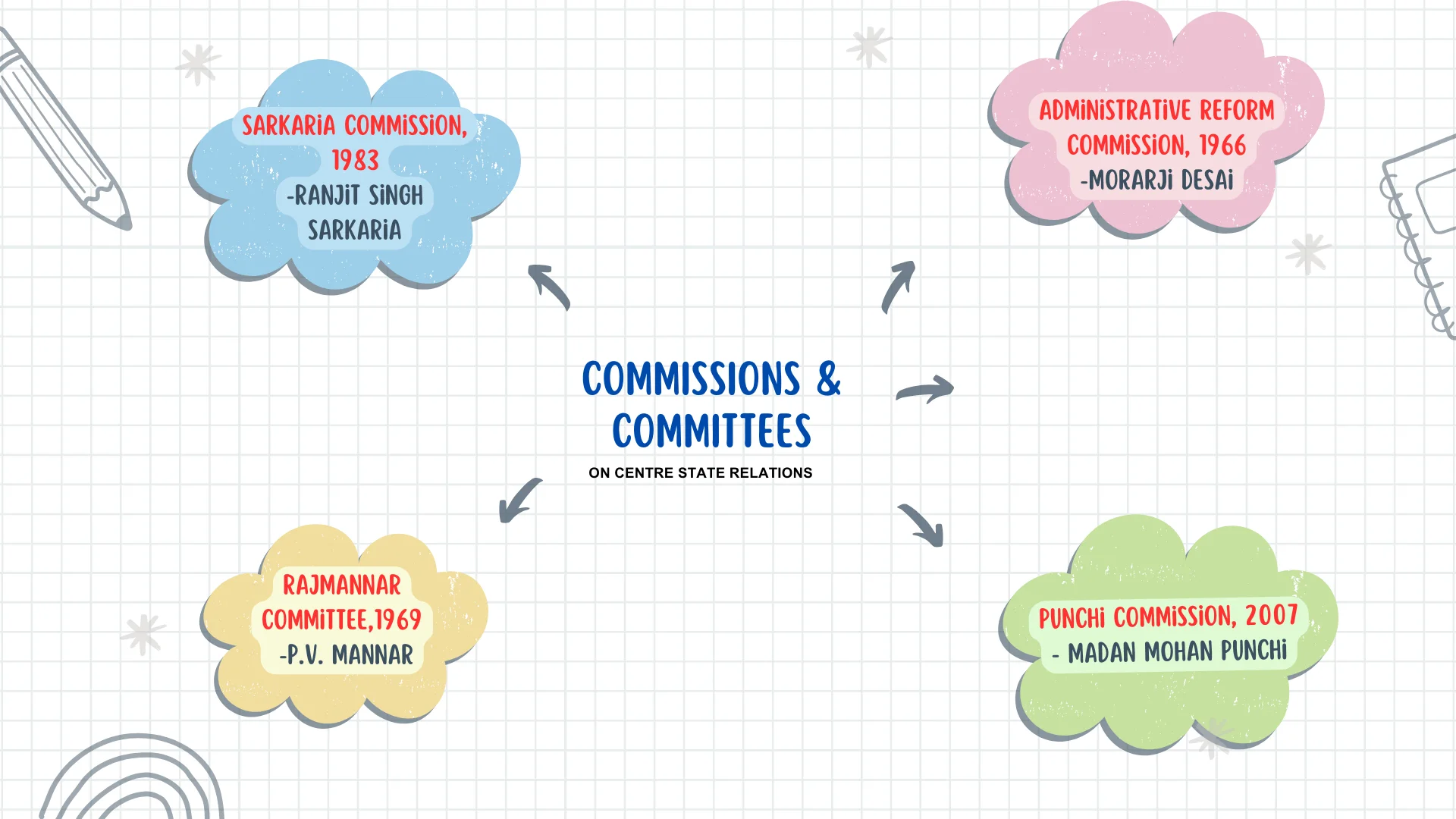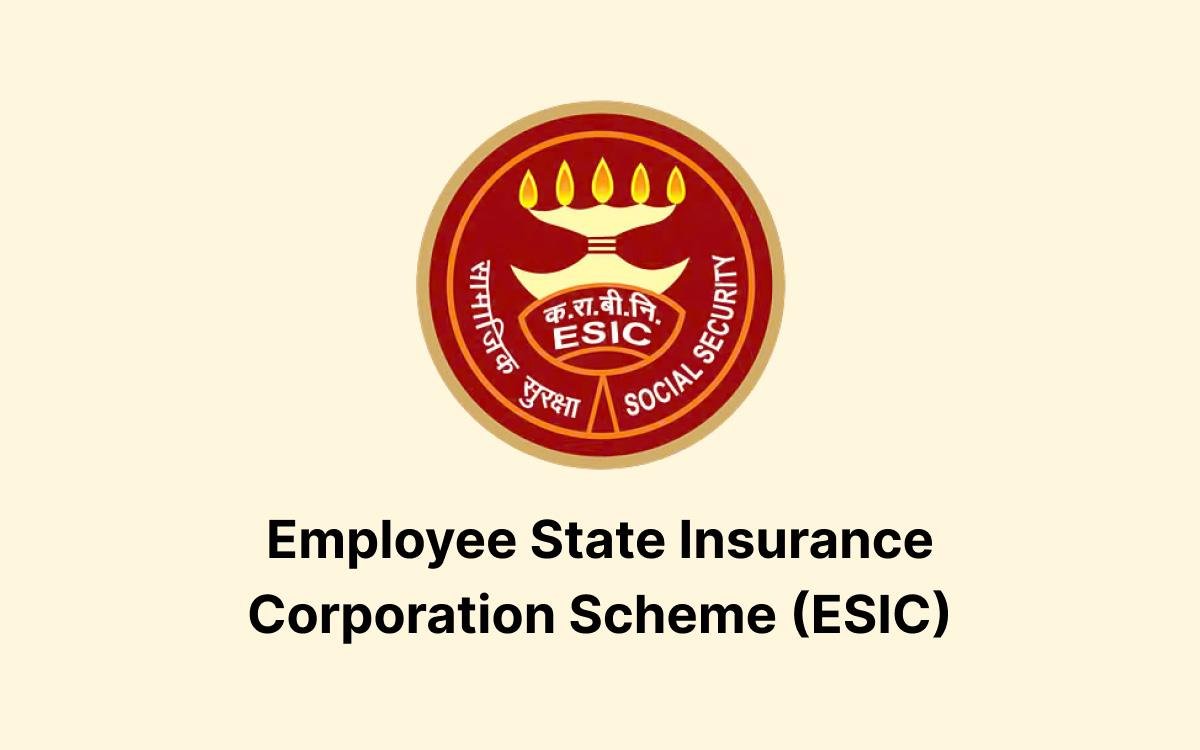The Supreme Court has said that registration of marriage in the absence of proper ceremony will not be valid under the Hindu Marriage Act, recognizing it as a ‘sanskar’ which must be followed diligently, strictly and religiously.
- A bench of Justices BV Nagarathna and Augustine George Masih condemned the practice of young men and women seeking to acquire the status of husband and wife for each other in the absence of a valid marriage ceremony.
What is Hindu Marriage Act, 1955
The Hindu Marriage Act, 1955 (HMA Act) is an Act of the Parliament of India enacted in 1955. This act is related to marriage among Hindus in India. It not only provides for the ceremonies and registration process for Hindu marriages but also lays down rules governing divorce.
Salient Features of HMA Act:
- Applicability:
- The HMA Act applies to Hindus by birth or conversion, including Buddhists, Jains, and Sikhs.
- Marriageable Age:
- The minimum marriageable age for the bridegroom is 21 years, and for the bride, it is 18 years.
- Marriages involving minors are punishable with imprisonment and/or a fine.
- Significance of Ceremonies:
- Customary practices and rituals are respected under the HMA Act.
- Saptapadi, or the 7 steps taken by the bride and groom before the holy fire, is considered an essential ritual for Hindu marriages.
- Prohibition of Bigamy:
- The HMA Act prohibits bigamy, polygamy, and polyandry, allowing only monogamous marriages.
- Section 5 of the Act makes it illegal to have two living spouses at once, and such marriages are considered void and punishable under the Indian Penal Code.
- Mental Stability:
- Marriages involving mentally unfit individuals are considered null and void.
- Legal consent is required in such cases before entering into a marriage.
- Registration:
- Registration of Hindu marriages is subject to the laws applicable in particular states.
- However, lack of an official registration certificate does not invalidate the marriage.
- Divorce:
- The HMA Act allows for divorce through mutual consent or on various grounds, including cruelty, desertion, adultery, incurable mental illness, and more.
- Parties cannot seek divorce within one year of marriage, but they can opt for judicial separation.
- Divorce may be granted before one year in exceptional circumstances.
- Restitution of Conjugal Rights:
- Unlike other matrimonial laws in India, the HMA Act provides for the restitution of conjugal rights.
- If one spouse leaves the other without any reasonable excuse, the aggrieved spouse can approach the court to restore their marital relationship.
- Legal Procedures:
- Matters related to Hindu marriages and divorce are handled by family courts in India.
- Cases under the HMA Act are taken up by the courts of territorial jurisdiction where the marriage was celebrated, where one of the parties resides, or where the couple last resided together.







